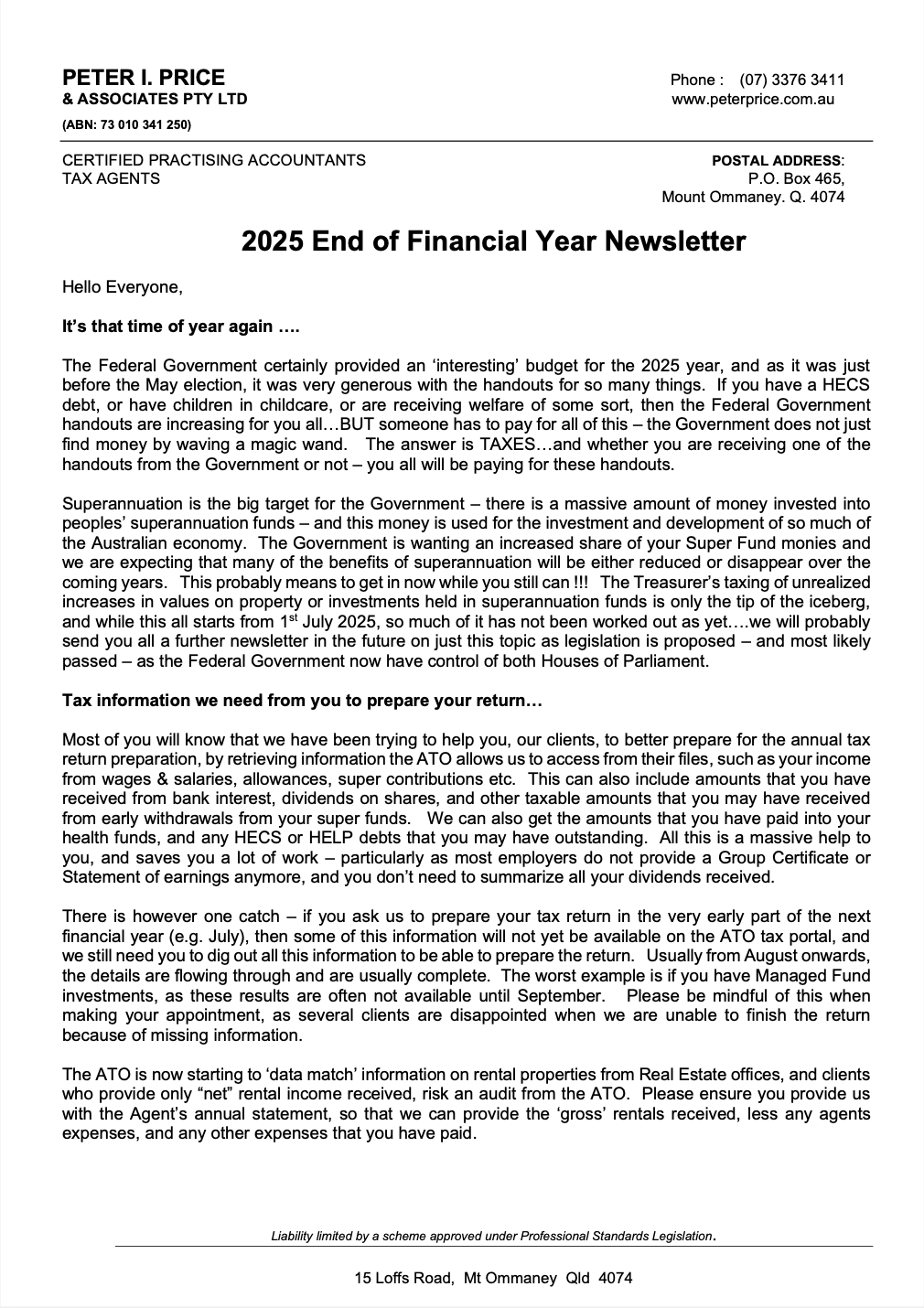Considerations When Negotiating a Resolution

.
| Consideration | Strategy |
| What are the key issues in dispute? | What do both parties want, and why do they want this? Understanding both sides of the dispute can help you find a happy medium and progress the dispute. Further, acknowledging the other party’s needs is helpful to bring the parties closer together and soothe any tensions. |
| Keep things impersonal and unemotional | When parties are in dispute, emotions often run high and may continue to fuel the dispute. This can keep parties from coming to a commercial agreement. However, it is important to put these feelings aside to keep an open and honest dialogue open. |
| Before negotiating, consider the best alternative to a negotiated agreement (BATNA) | Before entering or starting the negotiation, consider the worst and best-case scenarios available if you cannot reach an agreement. Knowing your BATNA will help put the issues at hand into perspective. This includes what points you are willing to settle on, and what offers you will walk away from. |
When Should I Get a Lawyer Involved?
There are times when it is appropriate to get a lawyer involved early. The key factors to consider are:
- the value of the dispute;
- how much money is at stake;
- whether you have the resources to engage a lawyer or court;
- your dispute’s legal and factual complexity; and
- whether there is a risk of ongoing loss or damage to you or the other party if the matter cannot be resolved.
These are the primary commercial issues you and your lawyer need to consider when determining your next steps and how best to progress your dispute. Your lawyer will also need to consider your legal position and the strength of your case before advising how best to proceed.
While engaging a lawyer can be expensive, there are circumstances where it may be necessary to minimise your losses.
It is important to remember that going to court and litigating a dispute is expensive, time-consuming, and stressful.
When negotiating a dispute, there are no guaranteed or certain outcomes. You should always consider taking a commercially pragmatic approach to resolving your dispute and trying to compromise with or without a lawyer.
If you can reach an agreement by negotiating, you should document the terms and parameters of the agreement and engage a lawyer to prepare a Deed of Settlement.
Key Takeaways
Negotiation is a form of alternative dispute resolution. You can negotiate with or without a lawyer. However, legal advice can significantly benefit you in the long term depending on the value and risks involved with your dispute. Negotiation is generally more cost-effective than going to court. It can also preserve important business relationships and achieve better outcomes than court orders.
Frequently Asked Questions
Negotiation involves discussing with the other party to reach an agreement. You can do this with or without a lawyer, but you should consider engaging a lawyer for high-value disputes.
You can also consider mediation, arbitration, and conciliation before litigation if negotiation fails.
Caroline Snow
September 7, 2022
legalvision.com.au

